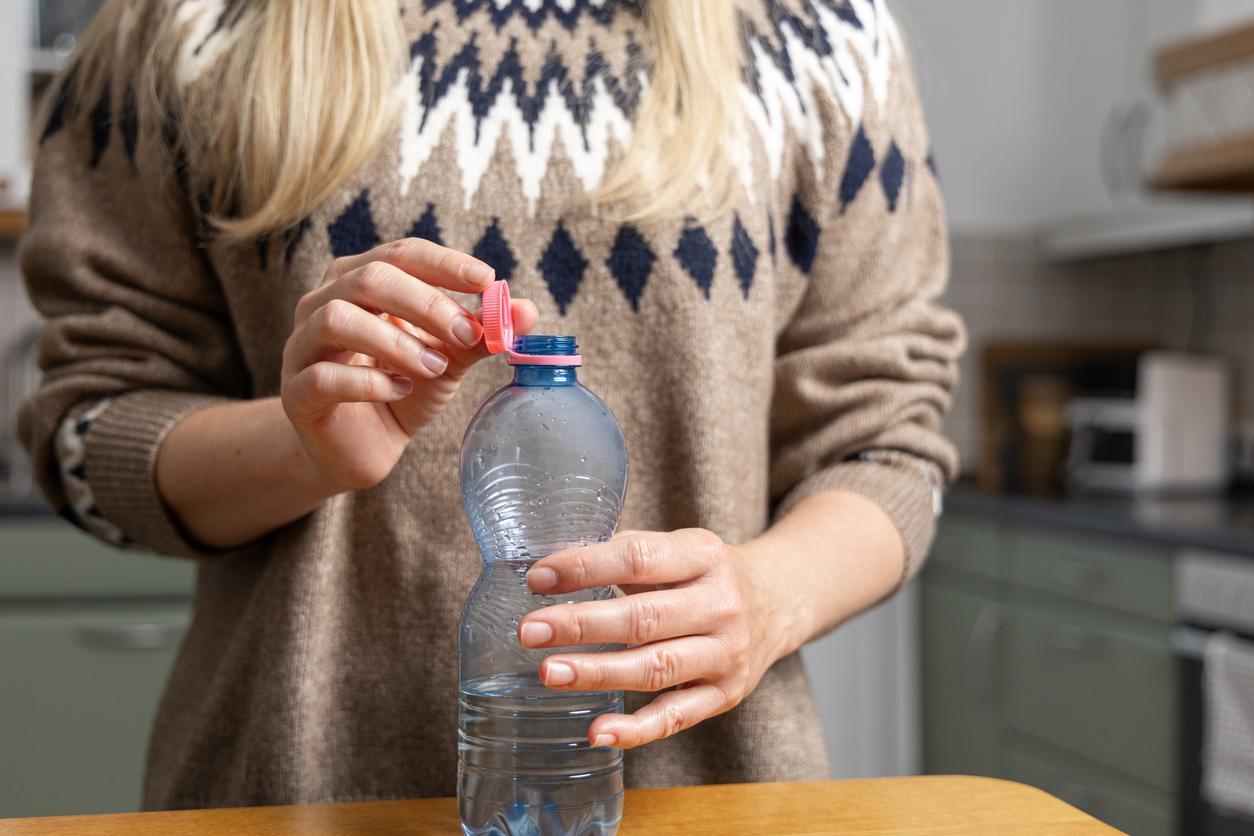
NSW plastics ban: what small businesses need to know between now and 2026
21 November, 2025
Small businesses across NSW are being encouraged to prepare for the next stage of the state’s plastics reforms, with further changes expected as part of the NSW Plastics Plan 2.0. The NSW Environment Protection Authority (EPA) is progressing work to reduce plastic pollution, improve recycling outcomes and support a transition toward reusable and sustainable materials.
In 2022, the NSW Government introduced bans on lightweight plastic bags, plastic straws, cutlery, bowls, plates, cotton buds and some personal-care microbead products as a first step. The next phase of the Plastics Plan proposes additional restrictions to be developed over the coming years, which may affect retailers, hospitality operators, suppliers and manufacturers.
These changes are not all finalised yet, but understanding what is confirmed—and what may be coming—will help businesses prepare early.
NSW Plastics Ban – 2022 Phase 1 and 2
Already in place (Phase 1):
- Lightweight plastic shopping bags (banned from 1 June 2022)
- Single-use plastic straws, stirrers, cutlery, plates and bowls (1 November 2022)
- Expanded polystyrene (EPS) food service items (e.g., clamshells and cups) (1 November 2022)
- Plastic cotton buds (1 November 2022)
- Rinse-off personal care products containing plastic microbeads (national voluntary phase-out, widely complied with)
- Temporary exemption for plastic-lined paper plates and bowls (until 31 October 2024)
- Exemption for plastic straws for people with disability or medical needs (ongoing)
Future priority areas in the Plastics (Phase 2). Key elements to prepare for include:
- The phase out of plastic bread tags and pizza savers from late 2027
- The phase out of non-compostable plastic fruit and vegetable stickers by 2030
- The introduction of tethered lids (meaning the cap or lid on a plastic bottle must remain attached to the bottle itself, even after it’s opened) for plastic bottles by 2030
- Requirements for takeaway food service businesses to accept reusable cups by 2028 and large food service businesses to provide reusable cup options by 2030
- The phase out small condiment containers such as soy sauce fish bottles by 2030 and similar single-use packaging that cannot be recycled, in favour of recyclable options
- Requirements for the redesign of takeaway food containers, such as plastic bowls with lids, bento boxes and sushi trays, to ensure they can be recycled safely
- The regulation of harmful chemical additives in plastic food and beverage packaging to prevent toxins entering soil, water and the food chain
- A ban on lighter-than-air (helium) balloon releases, in line with other states.
- A transition schedule that allows industry and businesses time to adjust to new requirements and source alternatives.
- Introduction of chemical safety lists (“green” and “red” lists) for plastics used in packaging
Important: No dates are confirmed for these proposed changes. They are expected to develop progressively through 2025–2026 and beyond.
What this means for small businesses
Although only some changes are confirmed, small businesses can benefit from preparing early, especially if they rely on packaging, takeaway containers or disposable products.
Cost and supply considerations
More sustainable products often come at a higher price. Businesses may need to:
- Review pricing or menu costs
- Compare alternative suppliers and bulk ordering options
- Plan for gradual stock transition to spread costs over time
Supply chain adjustments
Some packaging formats are likely to become harder to source as suppliers shift toward compliant materials. Early conversations with wholesalers and distributors can help secure alternatives and avoid stock disruption.
Staff and customer education
Teams should understand:
- What products are already banned
- Which exemptions apply
- How to guide customers toward reusable or recyclable options
Good communication helps avoid confusion at the counter or checkout.
Stock management
Businesses should avoid large orders of products affected by existing bans or likely future reforms. Tracking inventory levels and switching to compliant materials early can prevent waste and reduce financial loss.
Compliance and penalties
The EPA uses a mix of education, transition periods and compliance monitoring. Businesses should stay informed through official channels to avoid unintentionally supplying restricted items.
Support available
Small businesses do not have to navigate these changes alone and can access guidance through:
- NSW EPA Provides guidance, transition advice, and regulatory updates on plastic reforms: Further information: Plastics | EPA
- Service NSW Business Concierge, which provides one-on-one support and guidance to help small business navigate regulatory changes, find relevant government support, and understand their obligations. Industry associations and local councils may also run workshops or share guidance as implementation dates approach. Further information: Personalised support for your business | Service NSW
Preparing now will help businesses stay ahead
With reforms continuing to evolve, early preparation will help small businesses transition smoothly and avoid disruption. Reviewing current packaging, engaging with suppliers and keeping informed through EPA updates will ensure your business remains compliant and ready for future changes.
Further information: